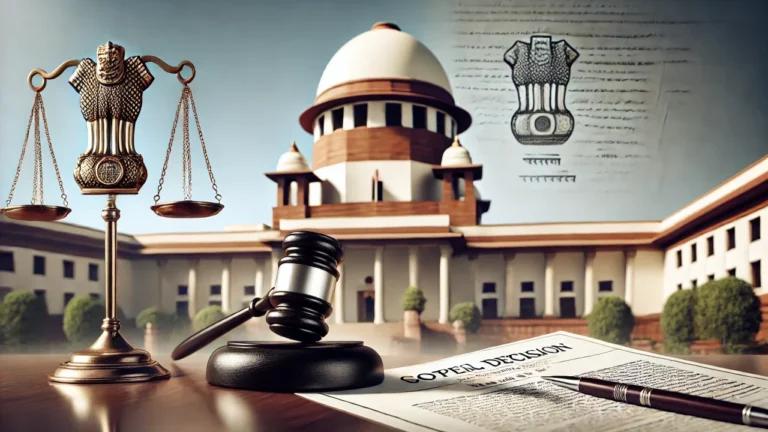The Supreme Court of India has dismissed an appeal by the State of Madhya Pradesh challenging the acquittal of Ramveer Singh in a 2003 murder case. The High Court of Madhya Pradesh had earlier overturned the trial court’s conviction, citing serious doubts over the reliability of key prosecution evidence.
The case arose from an incident on March 10, 2003, when Poona Bai alleged that Ramveer Singh entered her home, poured kerosene on her granddaughter, Badami Bai, and set her on fire. The prosecution claimed the act was revenge for an earlier allegation of rape against the accused’s son. The victim later died from severe burn injuries, and the trial court convicted Singh under Sections 449 and 302 of the IPC.
Read also:- Orissa High Court Confirms Life Terms for Six in Kendrapara Double Murder Over Rs. 1,000 Loan Dispute
However, the High Court found significant inconsistencies in the prosecution’s case. It ruled that Poona Bai’s presence at the scene was doubtful, and the victim’s dying declaration was unreliable. Medical testimony revealed the victim had 100% burns, with no measurable pulse or blood pressure at the time of the statement, making it unlikely she could give a coherent account. The court also noted conflicting witness statements and procedural lapses, including suppression of an earlier police report.
Read also:- Supreme Court Upholds Conviction in Punjab Jail Official's Conspiracy Case
Quoting the Supreme Court:
"The circumstances surrounding the recording of the dying declaration create grave doubt, making it totally unreliable."
The apex court emphasized that in appeals against acquittal, interference is warranted only when the acquittal is perverse and no other view is possible. Finding the High Court’s assessment reasonable, it upheld the acquittal and dismissed the State’s appeal.
Case Title:- State of Madhya Pradesh vs. Ramveer Singh
Case No.:- Criminal Appeal No. 575 of 2014















